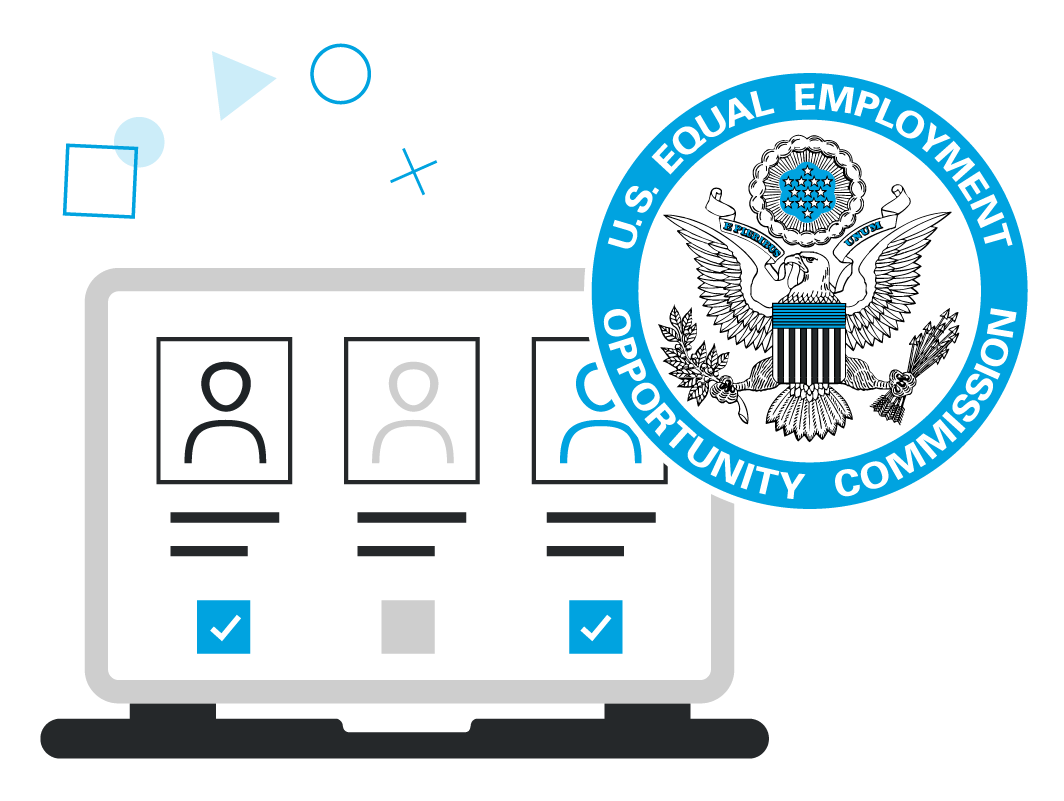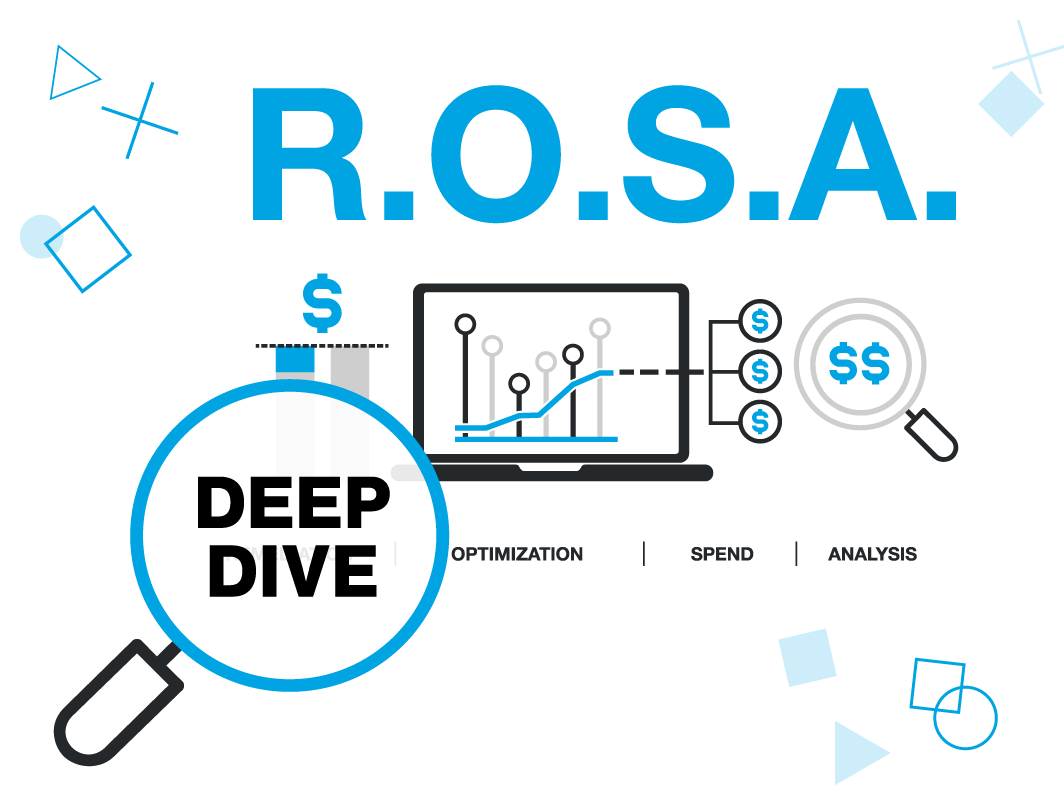
![]()
Microsoft is skipping employee pay raises for full-time salaried employees and its senior leadership team in 2023, a move announced by CEO Satya Nadella which contrasts with its 2022 salary increases. Employee bonuses, stock awards and promotions will continue.
Microsoft’s decision on pay raises reflects a growing trend in the tech sector. Only 35% of European tech start-ups plan to offer pay raises in 2023 due to a tougher macroeconomic environment. Research also shows that the median pay for tech employees fell during 2021 to 2022, and layoffs are rising exponentially.
Layoffs.fyi reports just over 210,000 job losses in the sector year-to-date, exceeding the total layoffs in 2022. Global giants including Amazon, Meta, Microsoft, Google, IBM, SAP, and Salesforce have all announced job cuts. Perks and benefits have also been reduced, including Twitter’s paid parental leave policy, and Salesforce announced the end of its once-a-month "wellbeing day".
Further, while a Gartner survey found that 86% of CFOs planned to offer salary increases in 2023, Alexander Bant, Chief of Research, Finance Practice, also observed that CFOs cannot keep pay raises in line with inflation if they want to hit profitability targets in 2023.
Beyond the pay raise: understanding what matters to employees
Pay raises are important in an era of rising costs, but employee satisfaction and retention aren’t exclusively focused on salary increases:
- Glassdoor’s Best Places To Work In 2023 features the top ranked employers across five countries, the US, the UK, France, Germany, and Canada, based on employee reviews. Only three appear in the top 25 of all five countries; Microsoft, SAP and Salesforce. Each of these organizations have announced plans to cut jobs in the past 6-12 months. Companies are ranked on workplace factors such as diversity and inclusion, compensations and benefits, culture and values, and work-life balance.
- Deloitte’s 2023 Gen Z and Millennial Survey revealed that respondents prioritize employers whose values align with their own. Nearly 4 in 10 also reject assignments due to ethical concerns.
- Gartner research found that professionals are looking for a sense of purpose and personal value in their work, with a stronger sense of community and more meaningful relationships. They also seek acknowledgement and growth opportunities, and a workplace where they can be authentic.
The role of pay equity in employee satisfaction
Pay equity also has a significant role to play in employee satisfaction and retention. Gartner’s research also notes that US employees are growing more sensitive to pay disparities. Negative perceptions of pay equity can result in:
- 15% fall in intent to stay
- 13% rise in job search activity
- 13% fall in employee engagement
Fair compensation practices matter to your workforce.
If an employee feels they are receiving fair pay, they are more likely to stay motivated and find satisfaction at work.
Will more employers follow Microsoft’s example?
It is possible, and it is a decision which will be influenced by job market competitiveness.
A government briefing Ensuring Competition in the Labor Market is Critical for Workers and Economic Growth reported that, despite low unemployment and strong demand for workers, many are not seeing salaries keep up with inflation. The briefing estimates that wages would be 20% higher if people had more flexibility to search for, and move to, better job options.
Job market competitiveness generates more employment opportunities and economic growth.
A lack of labor market opportunities exacerbates pay inequities experienced by women and people of color, which manifest in pay disparities. It also affects the LGBTQIA+ community where accurate data on the pay gap is limited. The briefing also notes that racial and gender pay gaps have a negative impact on underrepresented communities and women. Barriers to women’s employment reduce their earnings by 3.3%.
The tech sector epitomizes these issues. Only 27% of people working in the industry are women. Research suggests that improved support systems and fairer compensation practices could attract more women into tech jobs. In 2021, women in tech were offered 1.8 percent less salary compared to men when they applied for the same position with the same company.
Global tech companies are working towards pay equity. For instance, software organization SAP reports almost 99% fair pay across race and gender in the US, but much more needs to be done by employers in the US and globally to ensure pay equity.
How to implement fair compensation practices
Employers that prioritize pay equity enjoy greater organizational success and employee satisfaction. But while companies understand the importance and benefits of pay equity, the majority struggle to implement effective compensation strategies.
Compensation analytics is the only way to accurately determine pay disparities and the root causes in your organization. Here’s our advice to ensure a transparent and equitable compensation strategy, whether or not you are offering a pay raise in 2023:
Conduct a pay equity audit: This is the first step to identifying pay disparities in your employee compensation structure. Trusaic’s PayParity® is a software solution that conducts a pay equity audit at the intersection of factors such as gender, race/ethnicity, age, and disability. The results identify risk areas for remediation and pay gaps within every employee group and at every level in your business.
Set equitable and explainable pay ranges: Pay equity legislation is advancing at a rapid pace. Selecting fair and equitable pay ranges ensures compliance. Trusaic PayParity and Salary Range Finder® can help to determine competitive and fair salary ranges by overlaying internal pay equity audit data with that of external labor market data. Fair salary ranges are instantly determined by combining the two data points.
Include pay ranges in job listings: A LinkedIn survey found that 91% of job applicants are more likely to apply if the salary range is included in a job post, describing pay transparency as "one of the hottest trends in the workplace." Responses to the survey were consistent across all sectors and positions.
Partner with the right pay equity software provider: Under new EEOC Title VII guidance, HR must ensure that AI and automated systems do not violate discrimination laws. Partnering with a trusted pay equity software provider to eliminate bias is essential.
Learn how to implement fair compensation practices in your organization. Talk to a pay equity software provider you can trust.



